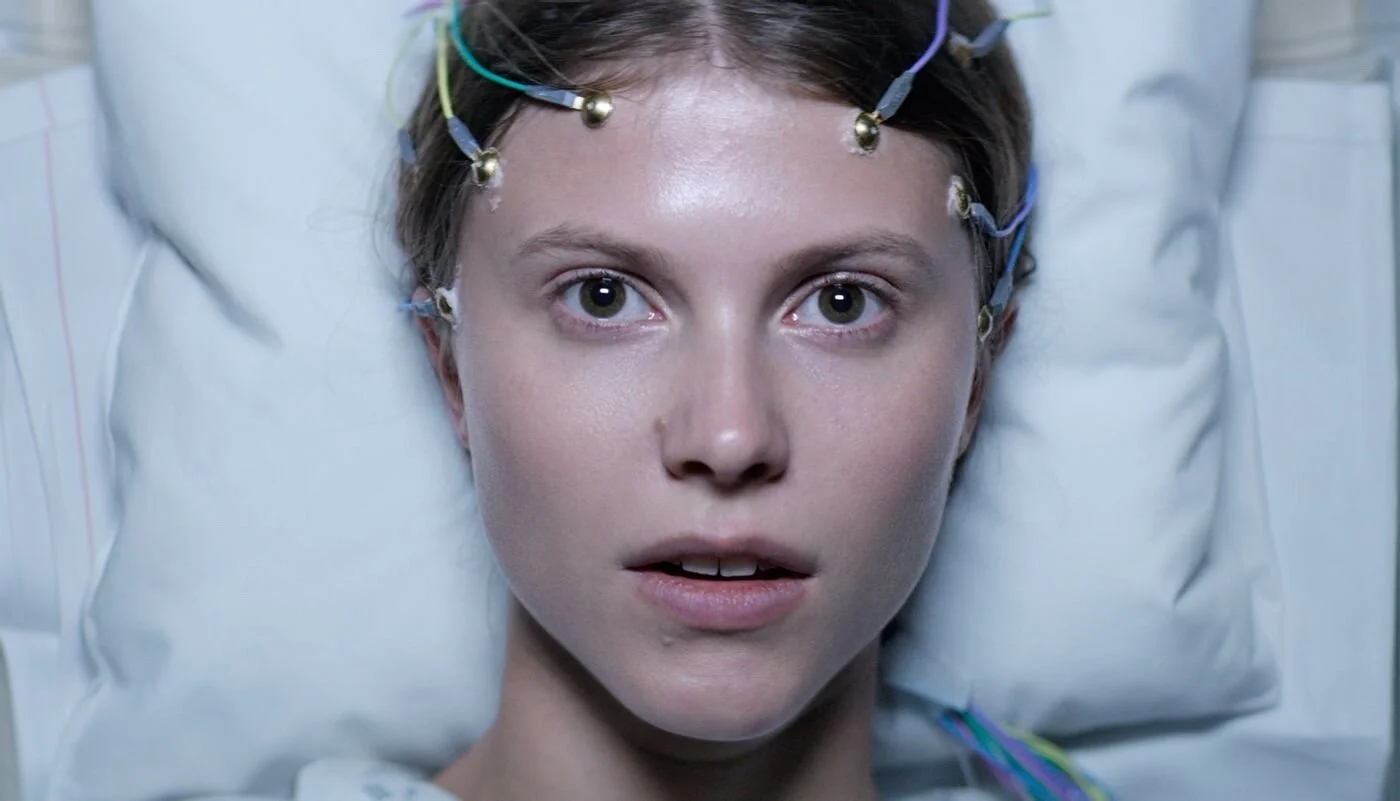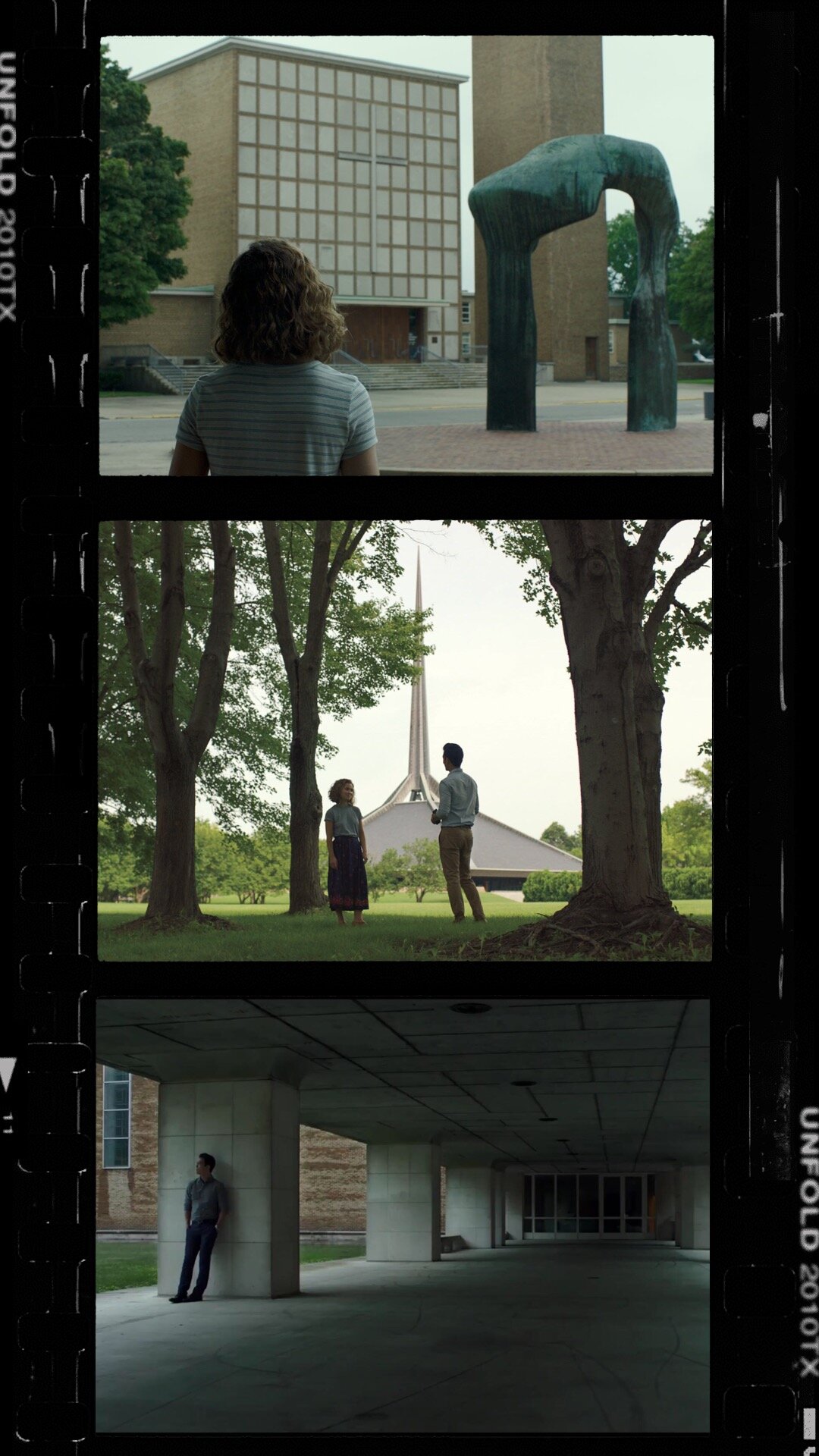Thanatophobia + The Seventh Seal
The other night I had a panic attack. Again. I laid down in bed, switched the light off and hoped my brain would follow suit. It didn’t. Instead of the usual barrage of ideas for stories or random philosophical musings that often keep me up at night, a much more sinister thought settled in my mind. Death. You see death and the process of dying (and therefore ceasing to exist) always sets me off, I just can’t get my head around it and it freaks me out so much to the point that I have full-blown panic attacks about it.
One time at the doctors when I was younger and having an injection, I fainted for the first time. It was a slow blurring of the senses and an encroaching vignette of darkness. Naturally, I thought I was dying. I was completely terrified and I can remember struggling to breathe and shouting ‘I don’t want to die’ a few times before losing consciousness. Not my finest moment. After that episode, the fear of death went away for a few years, came back and retreated again like the tide. It had been quite a while since the last panic attack about death, but I guess with the whole pandemic situation and hearing and seeing death counts every single day the anxiety around it has understandably returned.
Sometimes I ask myself how does everyone function, why is the world not in a blind panic? People running around screaming and crying because of their guaranteed oblivion. Evolution. That’s why. Religion helps too. When I was a teenager I would read the New Testament desperate to believe in God so that I wouldn’t be so scared of death, but I never could quite convince myself. I’ve also tried Zen Buddhism too, that worked much better and for quite a long time I was at peace with the transience of life. In fact, I started looking at death as the final act in a play. Your prologue takes place while you're in the womb, the first act is…well who am I kidding Shakespeare has already covered this ground and he did it far better than I ever could.
I recently watched Bergman’s The Seventh Seal to try and see another point of view on death, and perhaps because of the rather morbid connection it, a film about The Black Death has with the present pandemic. And I found it to be one of the best films I have ever seen. I mean, duh, it’s Bergman, but it really touched me in unexpected ways, and dare I say I actually felt soothed at the end when they danced over the hill with Death.
Moreover, in an earlier scene, Max von Sydow’s Knight shares strawberries and milk with two travelling actors, their young child and his squire. He tells them that he will cherish the purity of the moment as if it were a bowl of freshly milked milk. I found it to be a beautiful moment in a rather heavy film. It also made me think about how most of us spend our lives overlooking the small stuff and stressing over what has been and what will be rather than being present. Quite the Zen sentiment, and one I had forgotten to practise recently.
I dare to say this will be me when the time comes…
It is clear to me (and anyone who reads this) that my fear of death is getting in the way of me living my life. I touched on the idea of Fear, in general, having such an impact on me in the 27 Things I Have Learned in 27 Years post that I wrote recently, and I am trying to find ways to mitigate its effects on me. No easy feat really, it’s hard to unlearn habits that have driven your life for as long as you can remember.
If you're struggling with everyday things, anxiety and/or suicidal thoughts and need to talk to someone then get in contact with Samaritans (UK). They are there to help.









